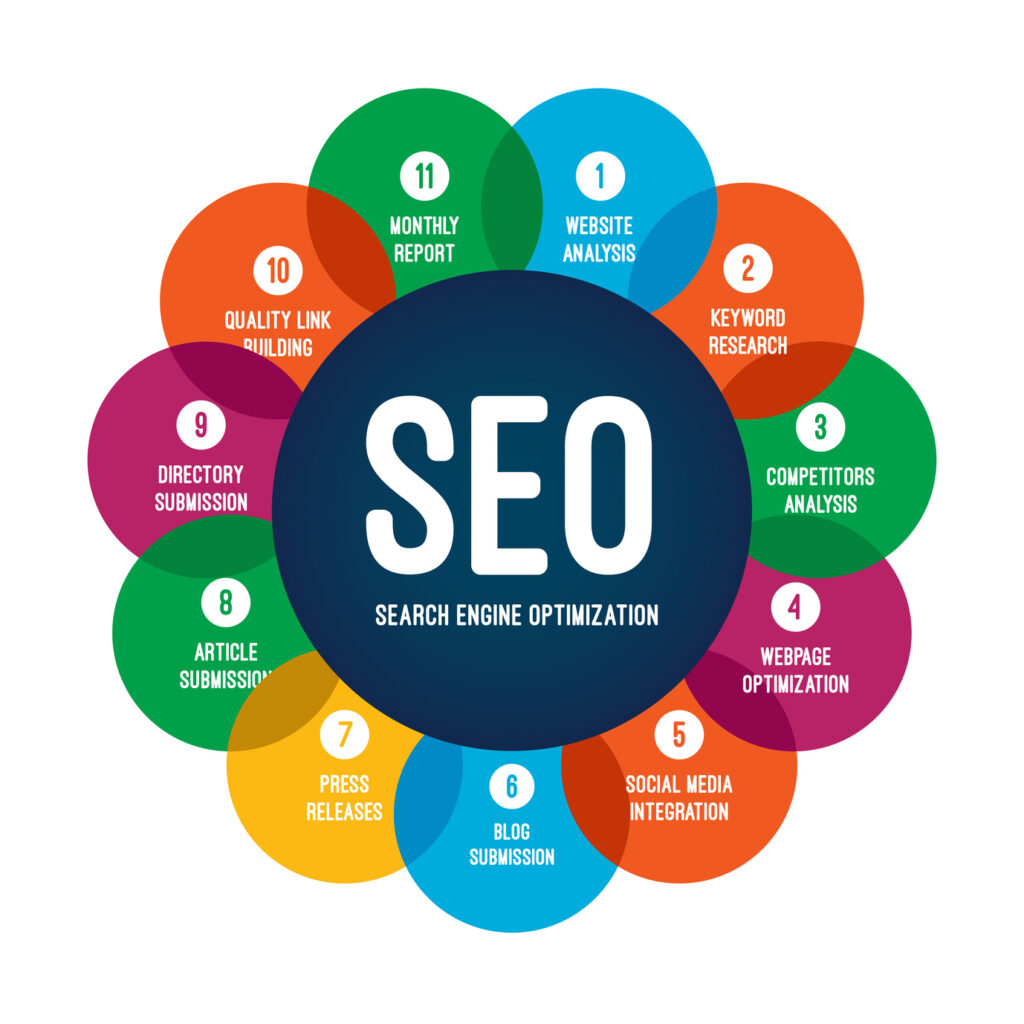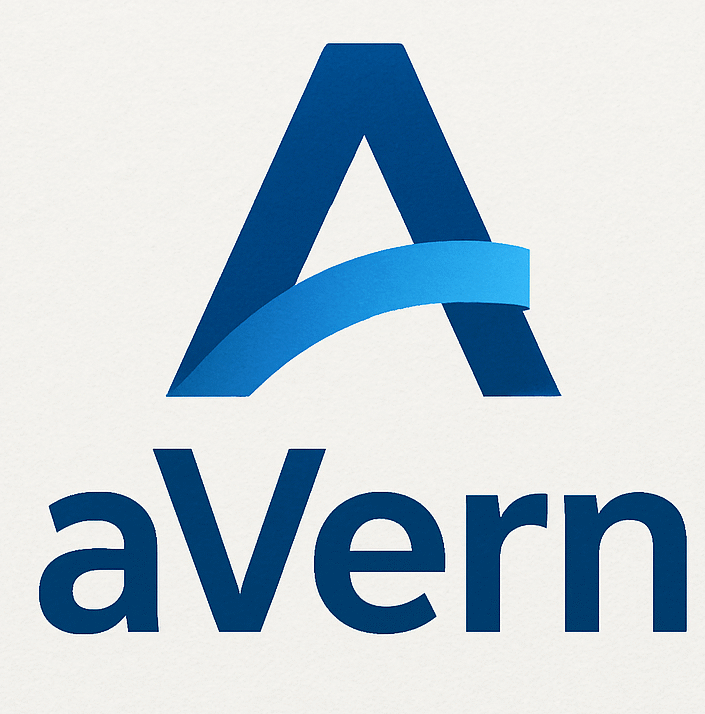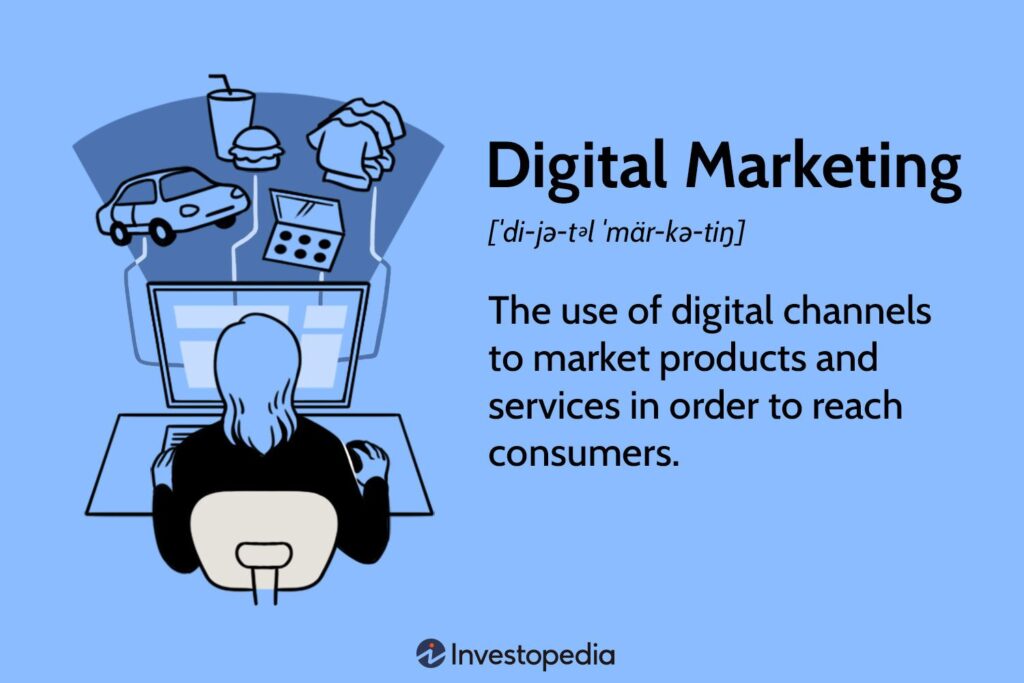
Starting Affordable Digital Marketing Tips for Startups a new business is exciting, but promoting it on a limited budget can be challenging. Many startups believe that marketing requires huge investments, but the truth is that digital marketing offers cost-effective ways to reach customers and grow your brand without spending a fortune. With the right strategies, even small startups can build awareness, attract leads, and compete with established companies.
Here are some affordable digital marketing tips every startup can use to get started.
1. Build a Strong Online Presence
Your website is the digital storefront of your business. Create a simple, mobile-friendly website with clear information about your products or services. Use free or budget-friendly platforms like WordPress or Wix to get started. Add a blog section to share updates, tips, or success stories to keep visitors engaged.
2. Use Social Media to Your Advantage
Social media is one of the most powerful (and free) tools for startups. Platforms like Instagram, Facebook, LinkedIn, and TikTok allow you to connect directly with your audience. Share engaging content such as behind-the-scenes photos, customer stories, quick tips, and videos. Consistent posting builds brand recognition and trust.
3. Focus on Search Engine Optimization (SEO)
SEO helps your website rank higher on search engines, bringing in organic traffic without paying for ads. Use relevant keywords, create valuable content, and optimize meta titles and descriptions. Even basic SEO techniques can make a huge difference for a startup’s online visibility.
4. Start Email Marketing Early
Email marketing remains one of the most cost-effective ways to reach customers. Build a list of subscribers by offering discounts, free resources, or exclusive updates. Send regular newsletters to share promotions, product launches, or helpful tips. Tools like Mailchimp or SendinBlue offer free plans for beginners.
5. Create Valuable Content
Content marketing is an affordable way to attract and educate potential customers. Write blog posts, shoot short videos, or design infographics that answer customer questions or solve problems. High-quality content not only builds trust but also improves SEO.
6. Leverage Free Tools and Analytics
Startups don’t need expensive software to market effectively. Use free tools like Canva for designing graphics, Google Analytics to track website performance, and Buffer or Hootsuite for scheduling social media posts. These tools help you stay consistent while saving time and money.
7. Run Targeted Low-Budget Ads
If you have a small budget, use pay-per-click (PPC) ads or social media ads with precise targeting. Platforms like Facebook and Google allow you to set daily limits and reach audiences based on location, age, interests, and behaviors. Even a small spend can generate strong results when campaigns are well-planned.
8. Collaborate with Influencers or Partners
Partner with micro-influencers or other small businesses in your niche. They often charge lower fees and have highly engaged audiences. A single shout-out or product review can give your startup valuable exposure without a big investment.
Conclusion
Digital marketing doesn’t have to break the bank. By focusing on SEO, social media, content creation, and smart use of free tools, startups can grow their brand and attract customers even on a tight budget. The key is consistency, creativity, and understanding your audience. With the right approach, affordable digital marketing can turn a small startup into a thriving business.


